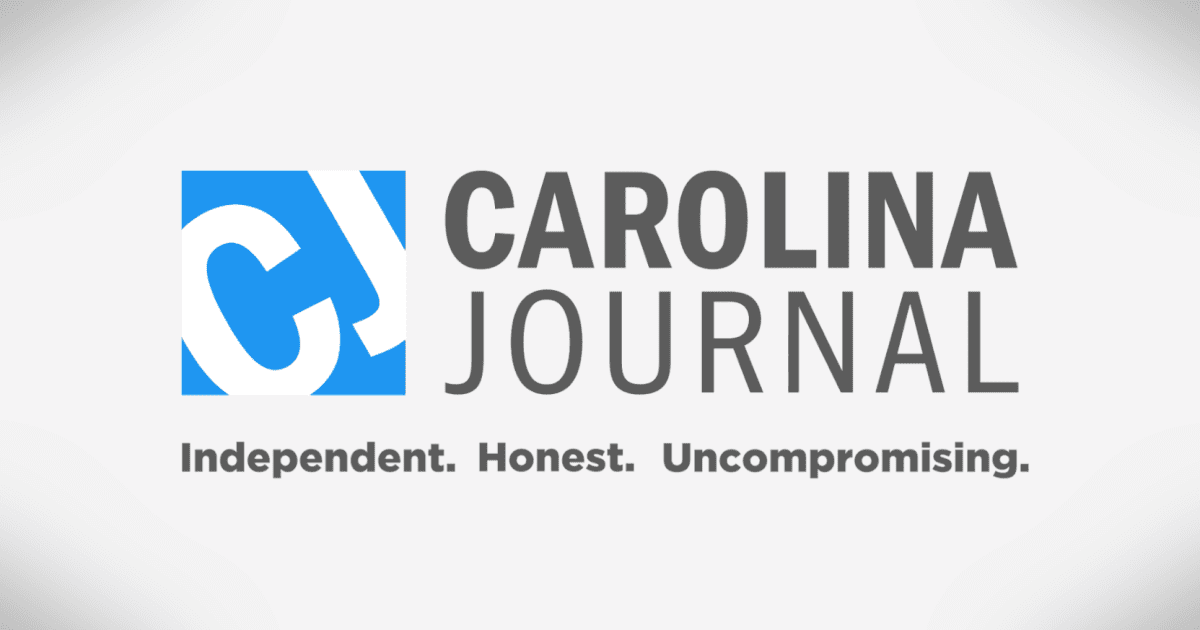
Republican N.C. legislative leaders have asked a U.S. District Court to dismiss a lawsuit from unaffiliated voters. Those voters challenge a state law blocking them from serving on the State Board of Elections.
“Plaintiffs argue that by not allowing unaffiliated voters to serve on the State Board, their First Amendment and Equal Protection rights are violated. However, these Plaintiffs lack standing to bring those claims. And Defendants, members of the legislative branch, who enact but do not enforce laws, are immune from suit for such claims in federal court,” wrote attorney Martin Warf, representing the top officers in the N.C. House and Senate.
“Even if Plaintiffs could overcome these issues, the federal constitution does not support such associational claims, and, these claims run headlong into the North Carolina Constitution, which has been interpreted by North Carolina courts to require that the Governor be able to control the SBOE,” Warf added. “Counterbalancing one major party’s views and priorities on the Board with that of the other major party’s views, therefore, is a rational approach to election administration adopted by numerous other states.”
State law requires the governor to choose the five-member state elections board. He makes his appointments from lists of names provided by leaders of the two major political parties. No more than three board members can be members of the same party. In practice, this means the governor’s party holds a 3-2 majority on the board.
After Democrat Roy Cooper’s election to the governor’s office in 2016, Republican legislative leaders changed the law twice. First, they created an eight-member elections board with an even split of members between the two major parties. Later, they created a nine-member board with four Democrats, four Republicans, and one unaffiliated voter.
In both cases, Cooper sued to block the new election boards. State courts struck down both of them. Afterward, the General Assembly reverted to the current board’s partisan composition, which predated Cooper’s election.
Unaffiliated voters working with left-of-center activist group Common Cause filed suit last August to challenge the current law.
North Carolina has more voters registered as unaffiliated than as members of either major party.
“The state law barring plaintiffs and all other unaffiliated voters from serving on the State Board serves no public or valid purpose but instead is a means to entrench the Democratic and Republican political parties in power and give them exclusive control over the supervision, management, and administration of the elections system,” according to the original complaint. “This law is ill-conceived because it renders ineligible a large pool of talented and able citizens from service on the State Board.”
But legislative leaders argued Friday that none of the plaintiffs in the case has demonstrated that the law actually blocked them from serving, or that any of them had tried to serve on a local elections board that does not require party affiliation. “Moreover, given the undefined characteristics of unaffiliated voters, it is hard to find a basis on which Common Cause or the individual plaintiffs can represent more than 2.5 million unaffiliated voters,” Warf wrote.
Lawmakers challenge the unaffiliated voters’ argument that they have a First Amendment right to serve on the state elections board. The challenged law “does not prohibit anyone from affiliating – or not affiliating – with any political party,” Warf wrote. “The law neither restricts voter choice nor anyone’s ability to run for elected office. … The question is then whether section 163-19(b) infringes upon a First Amendment-protected right to public service. It does not. ‘There is simply no abstract constitutional right to be appointed to serve as an election [official].’”
Warf touts policy benefits of an elections board with members tied to the two major parties.
“Representation from the Democratic and Republican parties ensures that the policy views on these boards reflect the predominant strains of thought among the public with respect to the administration of elections,” he wrote. “To this end, it was rational for the legislature to
include the two main parties but not representatives of unaffiliated voters, because unlike the political parties, unaffiliated voters as a collective, have no discernible policy views.”
“The legislature, therefore, could reasonably conclude that reserving board appointments to
Democratic and Republican representatives served the purpose of reflecting the public’s divergent views on election administration,” Warf added.
At least eight other states have similar election board statutes, according to lawmakers’ brief.
There is no timeline for the federal court to respond to lawmakers’ motion.
The post Legislative leaders urge federal court to toss unaffiliated voters’ lawsuit first appeared on Carolina Journal.
Have a hot tip for First In Freedom Daily?
Got a hot news tip for us? Photos or video of a breaking story? Send your tips, photos and videos to tips@firstinfreedomdaily.com. All hot tips are immediately forwarded to FIFD Staff.
Have something to say? Send your own guest column or original reporting to submissions@firstinfreedomdaily.com.
